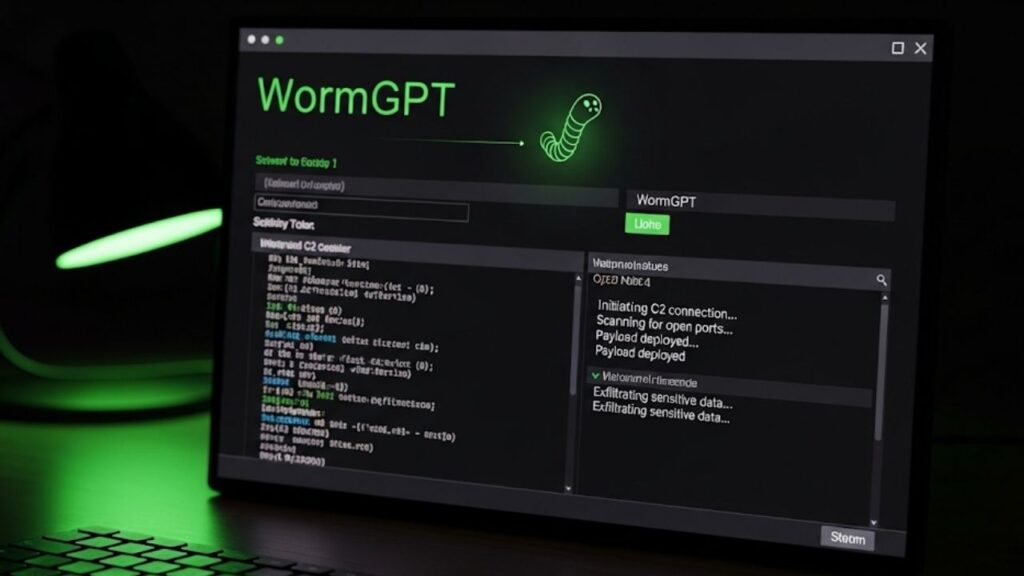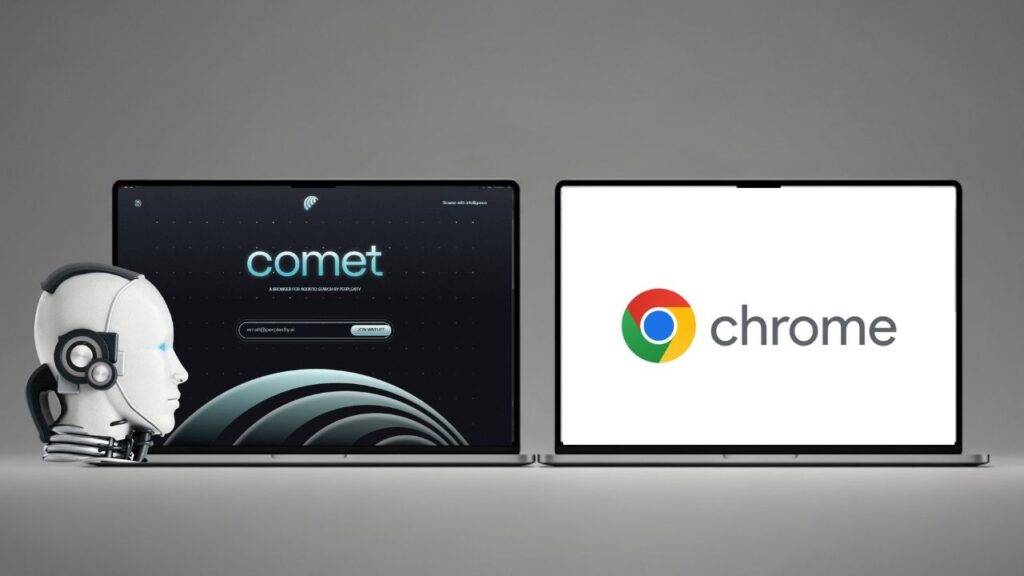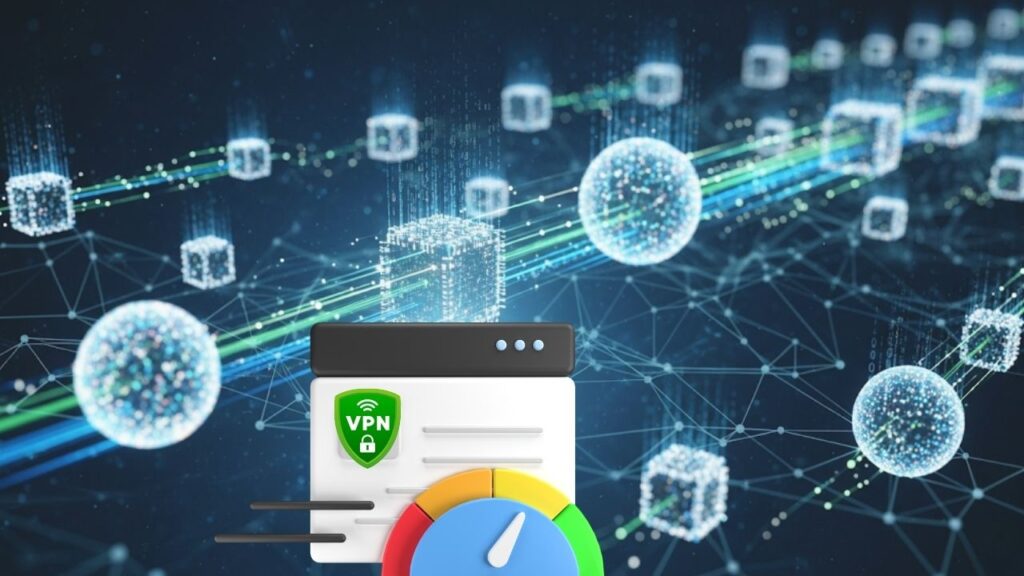Microsoft has officially stopped using engineers based in China to provide technical support for U.S. military cloud computing systems. This major policy change was announced in July 2025, following an investigative report that exposed serious national security concerns. The decision affects how Microsoft’s cloud services—especially those used by the Pentagon—are maintained, and it has sparked a wider conversation about cybersecurity, supply chain risks, and the responsibilities of global tech companies.
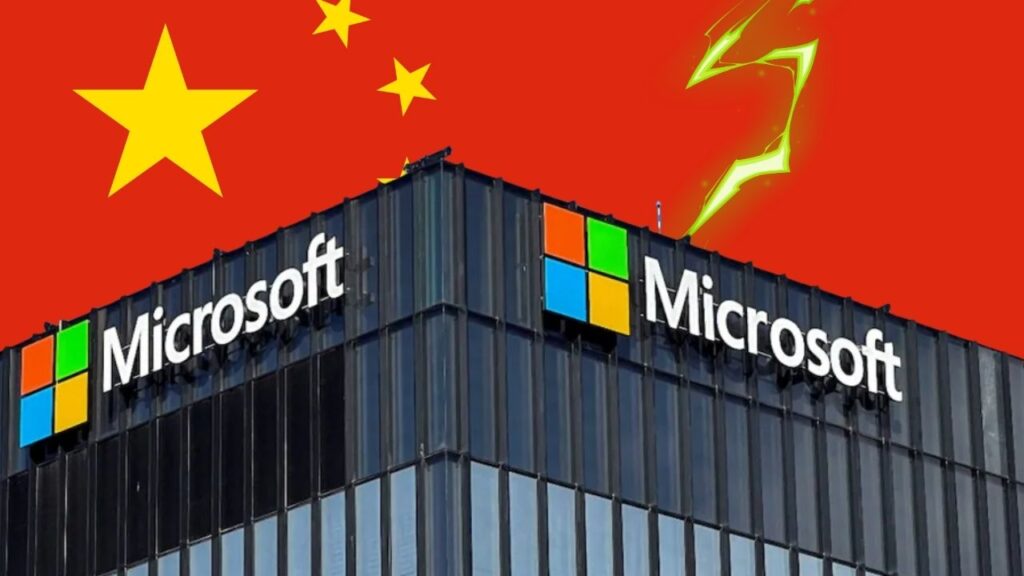
Table of Contents
Microsoft Ends Use of China-Based Engineers in US Military Cloud Projects
| Topic | Details | Professional Insight |
|---|---|---|
| Policy Change | Microsoft no longer uses China-based engineering teams for technical support on Pentagon cloud services. | Shows the importance of supply chain security and oversight in government tech contracts. |
| Previous Support Model | China-based engineers assisted U.S. military systems under the supervision of U.S. “digital escorts”—Americans with security clearances but often limited technical expertise. | Reveals potential oversight gaps in sensitive government IT contracts. |
| Government Action | The U.S. Defense Secretary ordered a two-week review of all Pentagon cloud contracts. Senator Tom Cotton called for transparency and accountability. | Illustrates how government scrutiny can drive rapid changes in corporate policy. |
| Business Impact | Microsoft’s Azure cloud division generates over 25% of company revenue, with government contracts a significant part of its business. | Highlights the economic stakes for tech firms serving government clients. |
| Past Security Risks | Microsoft has previously been targeted by Chinese and Russian hackers, including a breach of U.S. government emails in 2023. | Underscores the persistent cybersecurity challenges facing large tech companies. |
Microsoft’s decision to remove China-based engineers from U.S. military cloud projects is a wake-up call for the technology and government sectors. It shows how cloud computing, while offering incredible benefits, also brings new challenges for security, oversight, and trust. By understanding where your data is stored, who can access it, and how it’s protected, you can make smarter choices for your organization and help build a more secure digital future.
Microsoft ended its use of China-based engineers for technical support on Pentagon cloud systems after investigative reporting exposed oversight gaps in its “digital escort” model. The swift government and corporate response highlights the importance of supply chain security, oversight, and transparency in an era of globalized technology—a lesson that applies to organizations and individuals everywhere.
What Happened—And Why It Matters
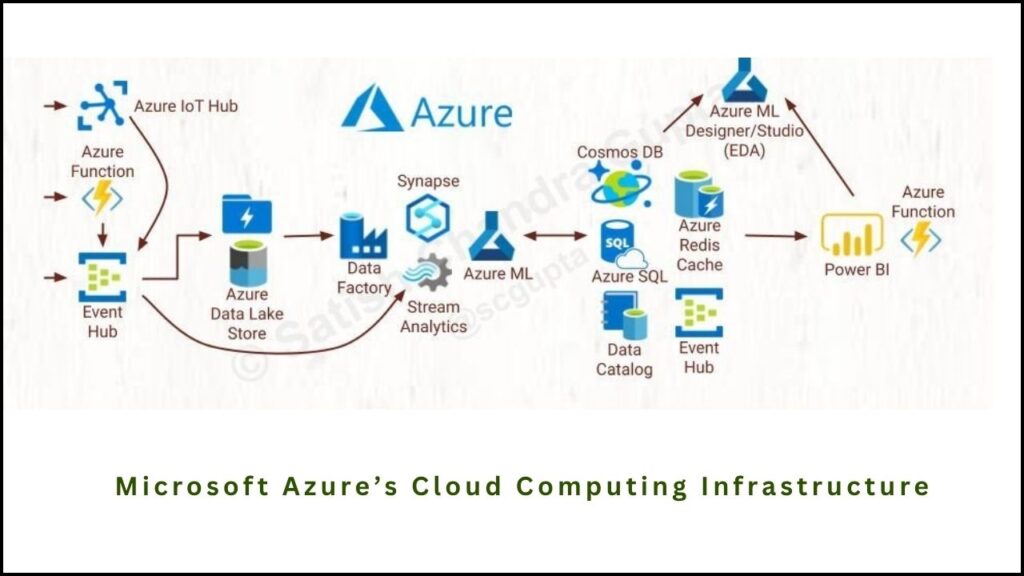
Cloud computing—the practice of storing and managing data over the internet—plays a vital role in modern government operations. Microsoft’s Azure Government platform is used by the Pentagon for a wide range of activities, from everyday communications to mission-critical operations. To maintain these systems, Microsoft has historically relied on a global workforce, including engineers based in China, to provide round-the-clock technical support.
For years, Microsoft used U.S. citizens with security clearances—known as “digital escorts”—to supervise these China-based engineers. The escorts were supposed to act as a buffer, ensuring that only authorized actions were taken on sensitive systems. However, according to investigative reports, many of these escorts lacked the technical skills to truly oversee the highly skilled engineers in China. Some were former military personnel with little coding experience, working for wages just above minimum wage, while the engineers they supervised had advanced IT skills. This mismatch created a critical oversight gap, meaning there was no effective way to guarantee that sensitive data and systems weren’t at risk.
After the arrangement was exposed, lawmakers and officials reacted swiftly. U.S. Senator Tom Cotton questioned whether the Pentagon had fully understood the risks, and Defense Secretary Pete Hegseth ordered a two-week review of all cloud contracts with the Department of Defense. He announced, “China will no longer have any involvement whatsoever in our cloud services, effective immediately.” Microsoft, for its part, quickly revised its support policies, confirming that “no China-based engineering teams are providing technical assistance for DoD Government cloud and related services.”
Why This Matters for Everyone
At first glance, this might seem like “inside the Beltway” news—something only important to government IT managers. But it’s much bigger than that. Cybersecurity is everyone’s concern, and the questions raised here affect businesses, schools, hospitals, and anyone using cloud services.
- Supply Chain Risk: When companies rely on global teams—especially in countries with different laws and loyalties—they introduce potential vulnerabilities. If a hacker or foreign government wants to access sensitive systems, having insiders in the supply chain can make that much easier.
- Oversight Gaps: The “digital escort” model sounded good in theory, but in practice, the escorts often couldn’t tell if something suspicious was happening. This meant the Pentagon’s most sensitive data could have been exposed without anyone noticing.
- Trust in Technology: Microsoft isn’t just a government contractor. Its cloud services are used worldwide. When questions arise about how it protects data, it affects trust in the entire technology ecosystem.
What Organizations and Professionals Can Do
Whether you’re a business owner, IT professional, or concerned citizen, there are lessons here for everyone. Here are actionable steps to help protect your organization’s data:
1. Know Where Your Support Teams Are Located
Ask your cloud provider: Where are your engineers based? Who can access our systems? Make sure you’re comfortable with the answers.
2. Regularly Audit Third-Party Access
Check which outside companies or individuals have access to your systems. Remove anyone who doesn’t absolutely need it.
3. Demand Transparency
Ask providers to explain exactly how they protect your data and who is responsible for security. Get these promises in writing.
4. Train Your Team
Make sure everyone—not just the IT department—understands basic cybersecurity, like using strong passwords and spotting phishing emails.
5. Stay Informed
Keep up with news from trusted sources to learn about new threats and best practices.
Microsoft Edge Gets Lightning-Fast Speed Boost—Here’s How It Beats Chrome Now
Microsoft Quietly Removes Key Password Management Feature, Sparking User Concerns
FAQs About Microsoft Ends Use of China-Based Engineers in US Military Cloud Projects
What exactly changed at Microsoft?
Microsoft stopped using engineers based in China for technical support on U.S. military cloud projects, in response to concerns about cybersecurity and oversight raised by investigative reporting and U.S. officials.
Why is this important?
It highlights the risks of relying on foreign engineers—especially in countries considered cybersecurity threats by the U.S. government—for sensitive work. It also shows how quickly both companies and governments can act when security gaps are exposed.
Does this affect regular Microsoft customers?
Not directly. The change is focused on U.S. government and military contracts. But it’s a reminder for everyone to ask tough questions about who can access their data.
Could this happen with other companies?
Yes—many tech companies use global teams for support. The key is making sure access to sensitive systems is tightly controlled and well supervised.
How can I check if my cloud provider is secure?
Ask for detailed security policies, audit reports, and information on where their engineers are based. Look for certifications like FedRAMP (for U.S. government standards) or ISO 27001 (an international security standard).



